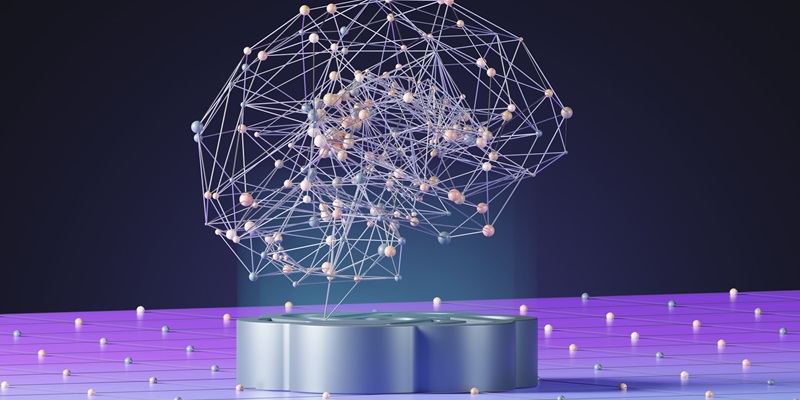The recent leadership turmoil at OpenAI has shed light on the critical need to incorporate security measures into the process of creating AI models. The firing of CEO Sam Altman, coupled with the reported potential departure of senior architects responsible for AI security, has raised concerns among potential enterprise users about the risks associated with OpenAI’s GPT models. This article delves into the significance of integrating security into the AI model creation process and examines the various challenges and vulnerabilities that have been observed.
The Firing of OpenAI’s CEO and AI Security Architects
The abrupt actions taken by the OpenAI board to dismiss CEO Sam Altman have had unintended consequences, potentially resulting in the departure of senior architects responsible for AI security. This development has exacerbated concerns regarding the security of OpenAI’s GPT models and their suitability for enterprise adoption.
Importance of Integrating Security into AI Model Creation
To ensure scalability and longevity, security must be an intrinsic part of the AI model creation process. However, this necessary integration has not yet occurred. The consequences of neglecting security during the development of GPT models become evident in the face of potential vulnerabilities and data breaches.
Incident of Open-Source Library Bug
In March, OpenAI acknowledged and subsequently patched a bug in an open-source library that enabled users to view titles from another user’s active chat history. This incident highlighted the prevalence of vulnerabilities within AI models and the pressing need for robust security measures.
Increasing Cases of Data Manipulation and Misuse
The proliferation of AI technology has coincided with a rise in cases of data manipulation and misuse. Attackers are honing their techniques, particularly in prompt engineering, to evade detection and overcome security measures. This trend underscores the urgency of fortifying AI models against potential threats.
Microsoft Researchers’ Findings on GPT Model Vulnerabilities
Researchers at Microsoft have revealed that GPT models can be easily manipulated to generate toxic and biased outputs, as well as leak private information from both training data and conversation histories. This vulnerability raises concerns about the reliability and safety of GPT models in real-world applications.
Vulnerability of OpenAI’s GPT-4V to Multimodal Injection Image Attacks
The introduction of the image upload feature in OpenAI’s GPT-4V release has inadvertently exposed the company’s large language models (LLMs) to multimodal injection image attacks. This vulnerability highlights the importance of implementing comprehensive security measures to safeguard against potential threats.
Achieving Continuous Security through SDLC Integration
To mitigate vulnerabilities and enhance security in GPT models, it is imperative to incorporate security into the software development lifecycle (SDLC). This approach ensures that security practices are embedded throughout the model’s creation, deployment, and maintenance stages. Collaborative efforts between DevOps and security teams are crucial for the successful integration of security into the SDLC. By working together, they can enhance deployment rates, software quality, and security metrics, thereby minimizing the risks associated with AI model implementation.
Benefits of Integrating Security into the SDLC
Integrating security into the SDLC not only ensures robust protection against potential threats, but it also offers significant advantages for leaders. By dedicating time and resources towards security practices, leaders can improve deployment rates, enhance software quality, and ultimately improve their overall performance.
The OpenAI leadership drama serves as a stark reminder of the criticality of incorporating security measures into the process of creating AI models. Enterprises looking to leverage GPT models must prioritize security to safeguard sensitive data and protect against potential vulnerabilities. By integrating security into the SDLC and encouraging collaboration between DevOps and security teams, organizations can establish a solid foundation for developing secure and reliable AI models that meet the demands of today’s digital landscape.

